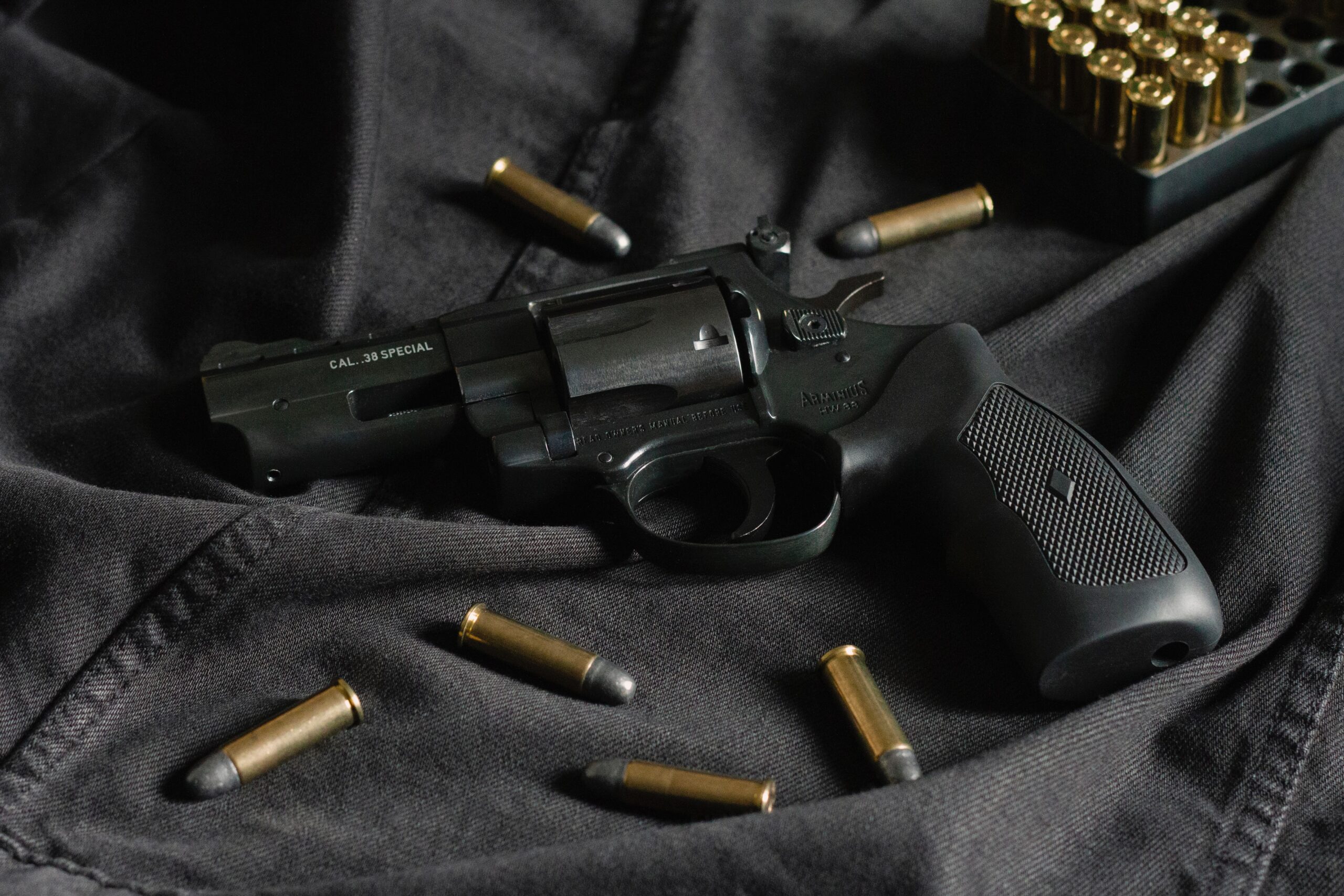We can all agree on this thought. And that is, there are a lot of different types of guns out there! So, which one is right for you? Well, of course, it depends.

Why are you buying a gun? What will be its purpose? We have to go beyond a vague answer like “it’s for self-defense.” A certain amount of thought work should occur before making the trip to a gun store.
Here’s a laundry list of some things to consider and decisions to make before making a final selection:
Will you keep it in your home, or will you carry it out in public? There’s a good deal of mental preparation that goes into firearm ownership. Part of that preparation is making the decision you are committed to protecting yourself, your home, and your loved ones.
Another aspect of mental preparation is thinking about the types of scenarios you are planning and training to manage. For example, are you concerned about a home invasion? Or are you concerned about being out and about and having to deal with an attacker? Have you considered the possibility of multiple attackers?
How does it fit in your hand? First, consider the size of the gun compared to the size of your hands. Next, consider the strength of your hands and arms along with your ability to fire the weapon. Finally, how difficult is it to press the trigger?
If it is a semi-automatic, can you operate the slide and cycle the weapon easily within reason? Can you get the magazine in and out quickly? Some people struggle to get rounds inserted into the magazine. Have you practiced this yourself?
Can you shoot it? Can you shoot it well? Can you hit a target with it? How does it feel when you move the trigger? Can you handle the recoil? Is it too heavy? Is it too light? Take different models to the range and shoot them side-by-side. You can quickly compare how it feels and how accurate you are with it.
Compare different sizes and calibers to find your sweet spot. Heavier guns with smaller calibers tend to be more accurate but harder to conceal. Smaller guns with larger calibers tend to be hard to shoot accurately. Find your zone through trial and error at the range.
Will you carry it? Can you conceal it? What degree of discomfort are you willing to tolerate? The old saying is that it’s supposed to be “comforting, not comfortable.”
This article is not an exhaustive list. These are just the first things that come to mind when thinking about matching a firearm to a shooter. Do your homework. Spend time researching, comparing, and contrasting the gun along with your experience shooting it. It’s critical to spend time at the range shooting different models to not only compare how it feels, but how well you perform with it.
- Lawful Self Defense Workshop with Trish Whitcomb in Seymour - October 4, 2024
- U.S. v Rahimi – Domestic Violence & 2A Rights - August 11, 2024
- Guns & The Right To Bear Arms – Where Do You Stand? - January 19, 2022


